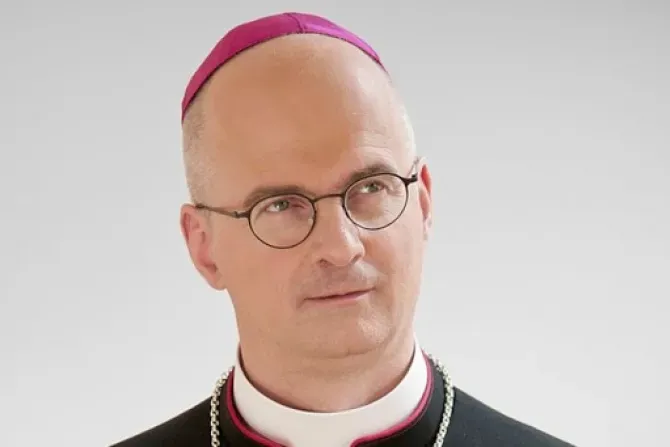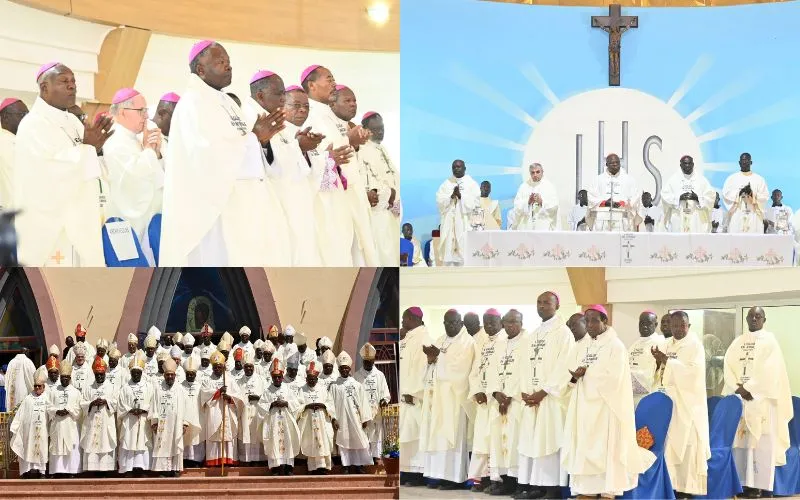CNA Deutsch, CNA’s German-language news partner, reported that the three vicariates concerned will now be known as “diocesan regions.”
According to the bishop, his representatives will take care of “local issues” and discuss them with him at the diocesan level.
The Code of Canon Law, the body of ecclesiastical laws for the Latin Church, says that “In each diocese the diocesan bishop is to appoint a vicar general to assist him in the governance of the whole diocese.”
The bishop can also appoint one or more episcopal vicars, whose competence “is limited to a determined part of the diocese, or to a specific type of activity, or to the faithful of a particular rite, or to certain groups of people.”
Morerod, who has served as rector of the Angelicum in Rome and secretary general of the International Theological Commission, told kath.ch that he had consulted with the Vatican’s Congregation for the Clergy about the changes.
He said: “I spoke to it mainly about terminology issues. You are careful to avoid the impression that we are simply replacing a priest episcopal vicar with a lay episcopal vicar.”
“It is important not to cause any confusion that could affect you elsewhere. It is therefore important to consult the congregation.”
In a May 26 interview with kath.ch, the 59-year-old bishop rejected suggestions that the changes were intended to concentrate power in his hands, undermining the principle of subsidiarity favored in the Swiss Catholic Church.
“Anyone who speaks this way has false assumptions about lay people in leadership positions,” he said.








